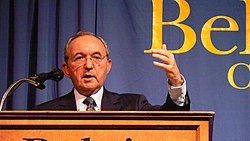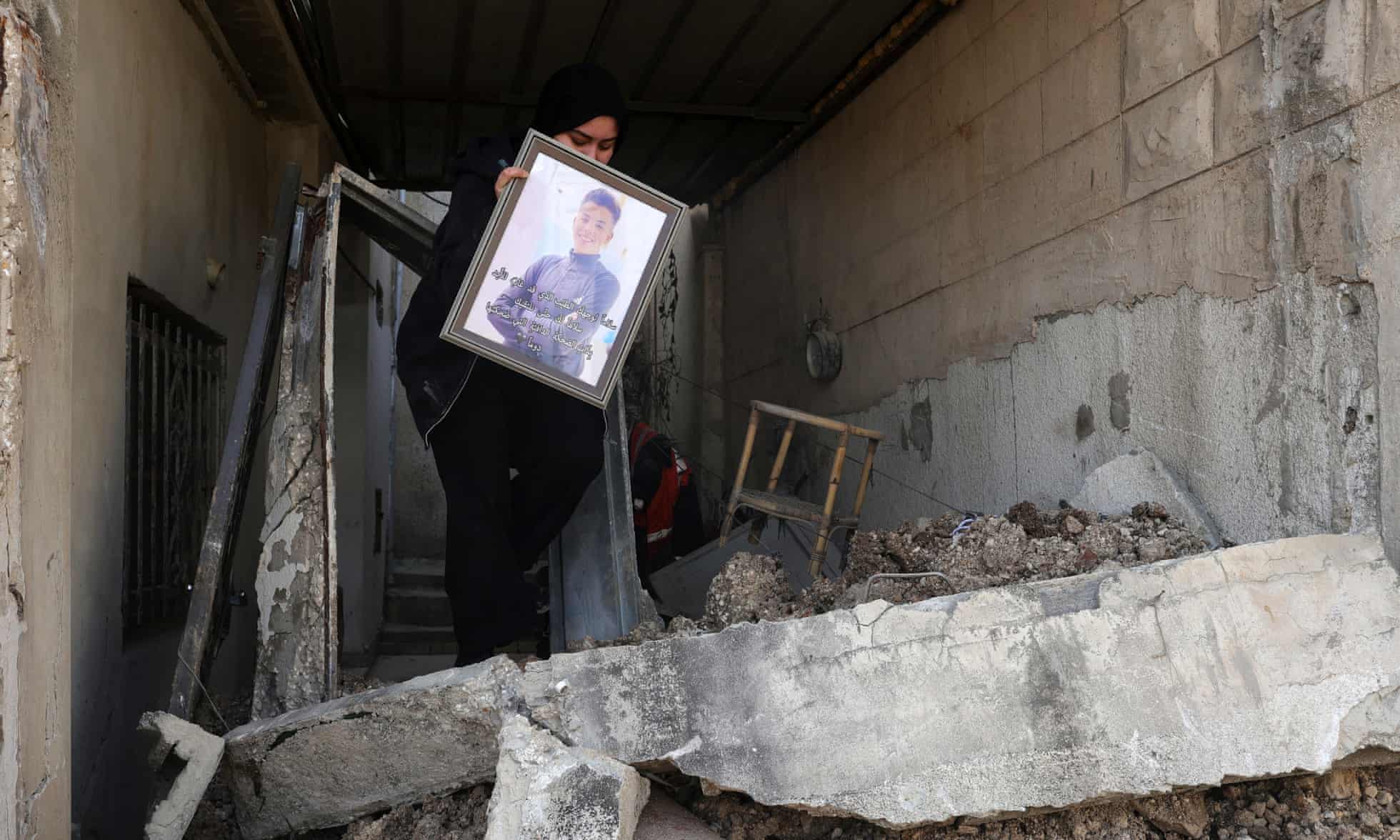
For months it seemed that there would be no investigation. Many Gazans I met on that trip appeared as traumatized by the absence of an international investigation as by the attacks. They explained that even in the darkest days of the Israeli onslaught, they had comforted themselves with the belief that, this time, Israel had gone too far.
Mona al-Shawa, head of the Women’s Unit at the Palestinian Centre for Human Rights, told me that Gazans took great solace from news of pro-Palestinian protesters filling the streets of London and Toronto. “People called it war crimes,” she recalled. “We felt we were not alone in the world.”
It seemed to follow from these expressions of outrage that there would be serious consequences for the attacks—criminal trials for the perpetrators, sentences. And under the glare of international investigation, Israel would surely have to lift the brutal embargo that had kept Gaza sealed off from the world since Hamas came to power. Those who really dared to dream convinced themselves that, out of the lawlessness and carnage, a just peace would emerge at last.





 Amid the immense confusion surrounding the US strikes on Venezuela, the seizure of the president, Nicolás...
Amid the immense confusion surrounding the US strikes on Venezuela, the seizure of the president, Nicolás... On Monday, August 6, 1945, after six months of intense firebombing of 67 other Japanese cities,...
On Monday, August 6, 1945, after six months of intense firebombing of 67 other Japanese cities,... Later this month, on the holiday of Purim, Jewish people will dress in silly costumes, eat...
Later this month, on the holiday of Purim, Jewish people will dress in silly costumes, eat...






























